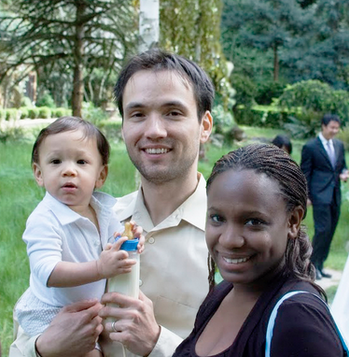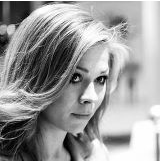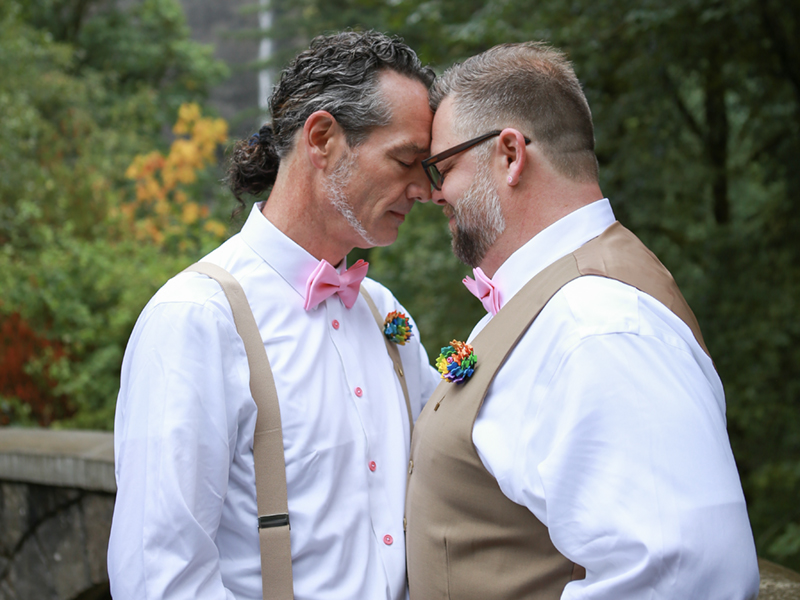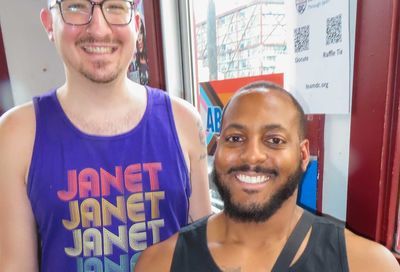Libertarian Party candidates for governor, House earn spots on Virginia ballot
Move over, Terry McAuliffe and Ken Cuccinelli: there’s a third candidate on the ballot in the governor’s race this November.
 The Libertarian Party of Virginia announced Thursday that its gubernatorial candidate, Robert Sarvis, obtained the 10,000 signatures of registered Virginia voters needed to earn a spot on November’s ballot. Virginia’s requirements for third-party ballot access required Sarvis to collect at least 400 of those signatures from each of the Commonwealth’s 11 congressional districts.
The Libertarian Party of Virginia announced Thursday that its gubernatorial candidate, Robert Sarvis, obtained the 10,000 signatures of registered Virginia voters needed to earn a spot on November’s ballot. Virginia’s requirements for third-party ballot access required Sarvis to collect at least 400 of those signatures from each of the Commonwealth’s 11 congressional districts.
Sarvis, a lawyer, software engineer and math teacher from Annandale who might be characterized as fiscally conservative and socially liberal, is running a campaign around the issues of tax reform, school choice, gun rights, marijuana legalization, drug decriminalization and reform, and recognizing gay marriages.
“Virginia needs open-minded, economically literate leadership, not culture wars and class wars,” Sarvis said in a statement announcing he had earned a spot on the ballot. “By protecting personal and economic freedom, we can make Virginia the envy of the world, with a growing economy that adds jobs and raises incomes, and a system of laws providing equality and justice for all. So let’s buck the two-party system, bring people together and build a Virginia that’s open-minded and open for business.”
But Sarvis won’t be his party’s only standard-bearer. Seven other candidates running for the House of Delegates have also gained ballot access by gathering 125 signatures from registered voters, marking the highest number of candidates running on the Libertarian Party line since the early 1990s, the party announced in a press release.
Although the Libertarian Party platform states that “seuxal orientation, preference, gender or gender identity should have no impact on the government’s treatment of individuals, such as in current marriage, child custody, adoption, immigration or military service laws,” four candidates from more conservative areas are not highlighting the issue of marriage equality or whether they support the recognition of same-sex relationships on their campaign websites.
In Southwestern Virginia, Jonathan Parrish is running against Del. Scott Garrett (R-Lynchburg, Amherst, Beford counties). In Northern Virginia, Patrick Hagerty is running for the seat held by Del. Joe May (R-Loudoun, Clarke, Frederick counties), who was defeated in his primary by Dave LaRock. LaRock and Hagerty will face Democrat Mary Daniel in the November election.
Libertarian Christopher G. Sullivan is running for the seat being vacated by Del. John Cox (R-Caroline, Hanover, Spotsylvania counties), where he faces Democrat Toni Radler and Republican Buddy Fowler. In Southeastern Virginia, Dan Foster will be running for the seat currently occupied by Del. John Cosgrove (R-Chesapeake), who is running in an Aug. 6 special election for the District 14 Senate seat left open by the retirement of Republican moderate Sen. Henry Blevins (R-Chesapeake, Portsmouth, Franklin, Virginia Beach, Suffolk, Isle of Wight Co.).
But three other candidates from Northern Virginia are quite vocal in touting their support for marriage equality, and could potentially draw the discussion to the left when it pertains to recognizing same-sex relationships and treating them equally under the law.
 Those candidates are: Lindsey Bolton, running in a district that includes Northern Arlington and McLean against Del. Bob Brink (D-Arlington, Fairfax counties); Laura Delhomme, running in a district that includes Virginia Square, Ballston, and much of central Arlington against Del. Patrick Hope (D-Arlington Co.), and Anthony Gabriel Tellez, running for the open seat being vacated by retiring Del. Jim Scott (D-Falls Church, Fairfax Co.). Tellez will face Democrat Marcus Simon and Republican Brad Tidwell in November.
Those candidates are: Lindsey Bolton, running in a district that includes Northern Arlington and McLean against Del. Bob Brink (D-Arlington, Fairfax counties); Laura Delhomme, running in a district that includes Virginia Square, Ballston, and much of central Arlington against Del. Patrick Hope (D-Arlington Co.), and Anthony Gabriel Tellez, running for the open seat being vacated by retiring Del. Jim Scott (D-Falls Church, Fairfax Co.). Tellez will face Democrat Marcus Simon and Republican Brad Tidwell in November.
Chuck Moulton, the chairman of the Libertarian Party of Virginia, told Metro Weekly that the party has consistently supported marriage equality since 1971, noting that Democrats only added marriage equality to their party’s platform in 2012.
“We’ve got almost 40 years on them,” Moulton said.
While marriage equality is a part of the official party platform, individual candidates are allowed to decide what their own platform will be based upon the needs their district, Moulton said. Some, he said, want the government to get out of the marriage business entirely, while some others believe that, as long as government is involved, it should treat all marriages equitably.
“What we generally do as a rule of thumb is we have the candidates name their top three issues, all of which need to have a libertarian stance,” Moulton said. “Some candidates are emphasizing marriage equality as a part of their platforms, particularly our candidates in Northern Virginia.”
Asked about where the Libertarian Party stands on other LGBT issues, such as nondiscrimination in employment, Moulton said that the party, in general, doesn’t like to carve out special exemptions for specific classes of people.
“We support free speech in general, being able to hire and fire whom you want,” Moulton said. “Although we of course oppose discrimination, we think the way to combat that is by boycotting or refusing to do business with someone.”
However, Moulton noted, individual candidates will differ and will be in charge of their own stances on issues like nondiscrimination bills. He encouraged Metro Weekly to inquire about those issues with each candidate’s campaign.
[Photo 1: Robert Sarvis, Libertarian Party candidate for governor, pictured with his family (courtesy of Sarvis for Governor). Photo 2: Lindsey Bolton, District 48 candidate and proponent of marriage equality (courtesy of Lindsey Bolton for Virginia General Assembly).]
Support Metro Weekly’s Journalism
These are challenging times for news organizations. And yet it’s crucial we stay active and provide vital resources and information to both our local readers and the world. So won’t you please take a moment and consider supporting Metro Weekly with a membership? For as little as $5 a month, you can help ensure Metro Weekly magazine and MetroWeekly.com remain free, viable resources as we provide the best, most diverse, culturally-resonant LGBTQ coverage in both the D.C. region and around the world. Memberships come with exclusive perks and discounts, your own personal digital delivery of each week’s magazine (and an archive), access to our Member's Lounge when it launches this fall, and exclusive members-only items like Metro Weekly Membership Mugs and Tote Bags! Check out all our membership levels here and please join us today!























